ESVEI tackles structural issues that in recent years are increasing the vulnerability to external interference of democratic processes, taking Italy as a case study.
It aims at increasing awareness, initiating policy debates, and providing sensible, forward-looking policy recommendations in three domains that are central to democratic processes in modern societies, but that, due to inadequate regulations and poor practices, needlessly expose such processes to meddling:
social media and disinformation;
transparency of funding and lobbying;
cybersecurity
In depth
ESVEI Italy: doing politics with politicians’ money
Gianluca De Feo, Ornaldo Gjergji | 19/12/2019After the abolition of direct public funding of politics in 2013, Italy intended to increase private donations. However, the numbers tell a different story: little funding comes from “big donors”, while a lot comes from elected representatives. Meanwhile, the absence of direct public funding in Italy remains a European anomaly.
Doing politics without public funds, the speakers' interventions
Niccolò Caranti | 28/11/2019We publish the detailed report of the speakers' interventions at the policy workshop "Doing politics without public funds. New vulnerabilities and transparency challenges", which took place on November 20th, 2019 in Rome, as part of the ESVEI project promoted by OBCT/ CCI
Political parties, think tanks, and other animals
Niccolò Caranti | 15/11/2019Politics is not only made in parties, but also in think tanks: research centres, places of relationships and safes. In Italy the transparency law has equated them with parties, but the issue is complex
Italian parties: from funding without rules to rules without funding
Daniela R. Piccio* | 13/11/2019A picture of the transformations of funding to Italian politics, from the introduction of direct public funding to political parties in 1974 to its abolition and the regulation of transparency in recent years
Dossier The funding of politics in Italy
Fazıla Mat, Niccolò Caranti | 18/11/2019In Italy the abolition of direct public funding to parties gave a greater role to private financing, increasing the risk of undue influence on the democratic process. A dossier as a part of the ESVEI project
Political funding and external interference: limits on donations, transparency, and controls
Giorgio Comai | 23/10/2019In Italy, the abolition of public funding for politics has made political actors more dependent on private subjects and potentially more vulnerable to interference. It is therefore urgent to adjust the legislative framework and introduce measures that reduce these vulnerabilities and ensure actual transparency. Some reflections and concrete proposals
Budgets and donations, the great transparency bluff
OpenPolis | 21/10/2019The current rules to make political funding more transparent do not work. Unusable data and inaccessible information make transparency a bluff. From OpenPolis, a proposal on how to solve the problem
Party financing: to fight corruption transparency is needed
Niccolò Caranti | 17/9/2019Interview with Gianluca Esposito, executive secretary of GRECO, the Council of Europe's anti-corruption body
Political funding: years of scandals
Niccolò Caranti | 27/8/2019An interactive map of some of the main cases of scandals related to political parties and campaign funding in Europe. In some cases the (alleged) financing is illegal in itself, in some others the scandal derives from the lack of transparency
INTERVIEW Lobbying in Italy and legislator schizophrenia
Niccolò Caranti | 29/7/2019In Italy today lobbying is regulated in an inconsistent manner and rules are not applied. Greater transparency is necessary for investors too, but this situation is convenient for politics. Interview with Pier Luigi Petrillo
Read our editorial
Disinformation campaigns, dubious practices on social media, murkey financing of political campaigns and lobby groups, timed hacked and leaks: new structural vulnerabilities to our democracies are there for anyone to exploit. It’s time to focus our public conversation on new policies and practices that can mitigate these risks
Reference list:
International
- International IDEA has published a Political Finance Database and a Political Finance Design Tool .
- OECD has published Financing Democracy , a report on political finance regulations.
- GRECO publishes its evaluations, including those aboutes the transparency of party funding, on its websites . The reports on Italy are also available on the website of the Ministry of Justice .
Italy
- The Commission to guarantee statutes and for the transparency and control of the statements of the political parties hosts the legislation and several documents.
- Transparency International Italia has created Soldi e Politica (Money and Politics), an interactive tool giving information on money received by Italian political parties and movements, and cabinet and parliament members.
- In October 2019 Università Cattolica organised a debate on “Reinforcing democracy and watching party financing. The italian case”. Radio Radicale has published the full video of the conference.
- OpenPolis publishes lots of updates on transparency and political power.
The project ESVEI is supported in part by a grant from the Foundation Open Society Institute in cooperation with the OSIFE of the Open Society Foundations. The contents of this publication are the sole responsibility of Osservatorio Balcani e Caucaso Transeuropa.

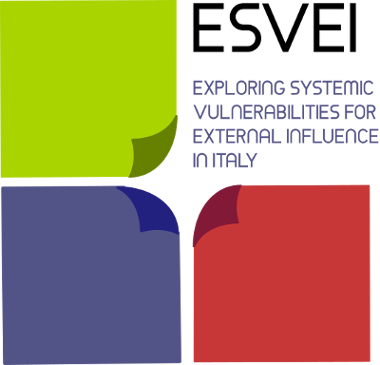






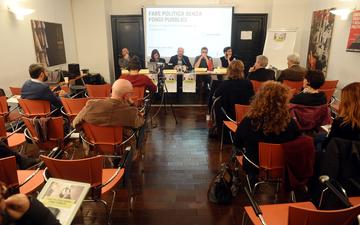




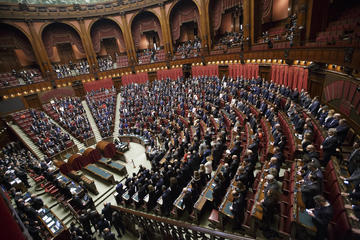

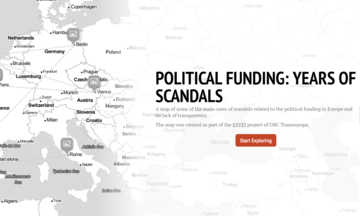
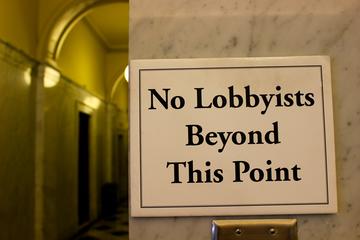


 To Top
To Top